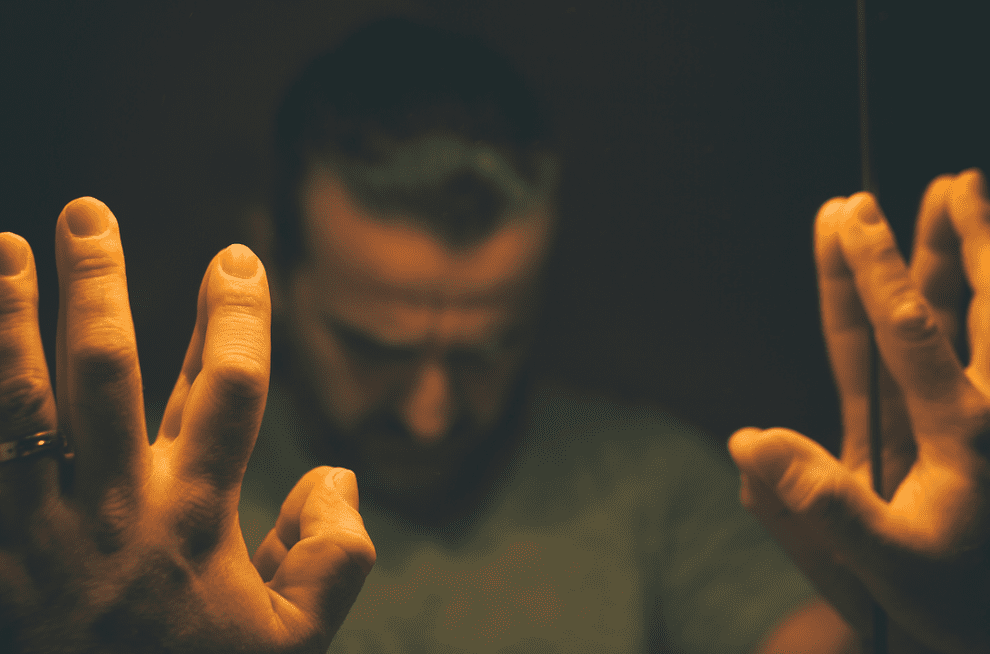Loneliness remains one of the most undetected and misidentified public health concerns sweeping Western society right now, so much so that it’s been attributed as the number one reason for declining mortality rates and increased mental health problems. A recent survey demonstrated that 40% of Australians don’t feel close to others at any given time and 15% had nobody to turn to or talk to.
The impact of loneliness on the increasing rise of mental health issues has been completely underestimated in Australia. So much so that loneliness has been either dismissed or belittled by mental health professionals. And it’s young adults (18-29) and older adults (65-79) who are most at risk.
It’s a different story in the UK who have just appointed their first Loneliness Minister this year to address it.
But how can this be so when we are more connected than ever before?
The fact of the matter is that digital connection does not provide what we really need to fulfil us as human beings, at a deep and meaningful level. In some ways the impact of technology on our lives has diminished our ability to make friends.
Ten years I had an experience that shook my foundation. I was attending mass at my local church listening to the sermon being delivered by a very loud visiting priest from the States, Father Jack. His voice was bombastic, evangelical and for the audience of Australian Catholics, mostly families with small children or senior citizens over the age of 60 – his voice was offensive causing discomfort that was visible.
Father Jack was extolling his concerns about the absence of real community spirit in our parish and asking us, no begging us, to dedicate some time to pay regular visits to those who lived alone or those in need. And then he did the unthinkable. He asked us turn to the person next to us and hold their hand. Most people look horrified. Some parishioners walked out mumbling under their breath about what an idiot he was. Others simply ignored his request.
How the act of connecting with another human being was an act so foreign, so terrifying for some shed light on how disconnected we have all become and Father Jack, the seemingly annoying Yank priest, was ahead of his time. Loneliness is not a new social problem, it has just become exacerbated by the impact of digitisation.
Alarming is the fact that living in an affluent culture like Australia where independence and not asking for help is revered is leading people down the lonely road of doing life on their own. It is no wonder that we have some of the highest rates of people living alone in the world. This is coupled with declining marriage rates and fewer children.
Research into people suffering from debilitating loneliness introduces some interesting data. Loneliness is contagious. And it’s the continuous feeling of being lonely that puts the body and brain most at risk.
So, is there a cure to beat loneliness?
Public officials in the UK have introduced robots into aged care facilities as companions for older adults with great results. Paro the first robotic seal bot has been found to enhance the care environment and reduce residents’ feelings of loneliness. As a psychologist, I feel more optimistic about AI digital assistants like Amazon’s Alexa being more suitable for human companionship because at least ‘she’ can talk.
Whichever way you slice it, the bottom line is nothing can substitute the impact of having real meaningful connections with people we care about to inoculate us from the negative effects of feeling lonely.
In this case the old adage of quality over quantity rings true. Having loads of people in your life doesn’t stave off loneliness, in fact it can often make you feel even more lonely. It’s about spending time with those good, supportive friends and family with whom you have genuine, enduring connection.
The reality is that as human beings we are psychologically and physically hard-wired to connect. So, the next time you are feeling lonely, park the self-pride and take it as a signal you need companionship. You’ll be thankful that you did and you may even buy yourself another day.





















Add Comment